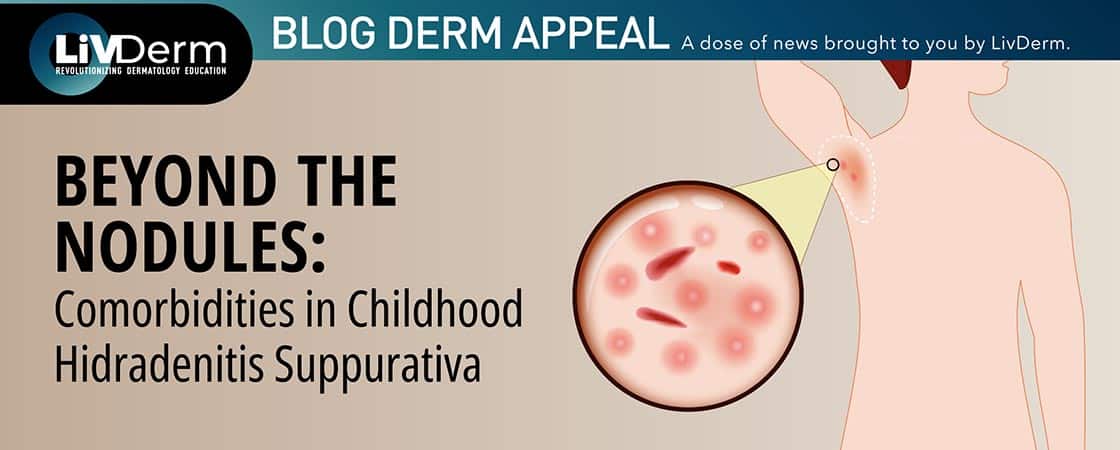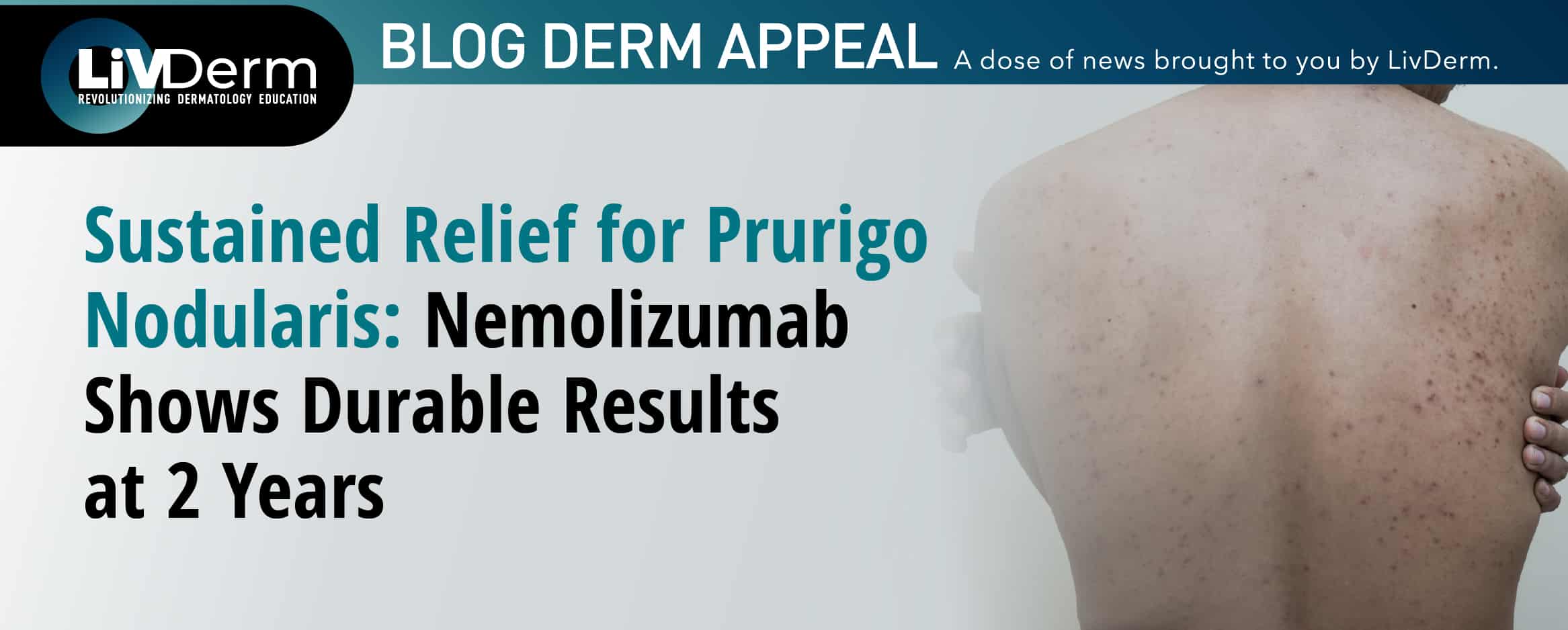The American Academy of Dermatology’s 2016 guidelines for the management of acne vulgaris were updated with a systematic review in 2024. This review put forward strong recommendations for topical treatments like benzoyl peroxide, retinoids, and/ or antibiotics and their fixed-dose combinations, and for oral doxycycline. It also strongly recommended oral isotretinoin for severe acne.
In response to these recommendations, Christopher G. Bunick, MD, PhD, along with Naiem Issa, MD, PhD, published an article in the Journal of the American Academy of Dermatology in which they contend there are deficiencies in the 2024 acne vulgaris treatment guidelines. This is because the guidelines only conditionally recommend two newer treatments, topical clascoterone and oral sarecycline due to the perceived issue of cost/access. They believe these treatments should be strongly recommended as they address important gaps in acne management. They also question cost as a factor in making these therapeutic recommendations given that the patient costs for these treatments are comparable to existing acne medications.
Dr. Bunick and Dr. Issa state that clascoterone cream 1%, a first-in-class topical anti-androgen, addresses unmet needs by providing a topical anti-androgen option for both males and females. They add that clascoterone cream 1% should be a “strongly recommended first-line agent without contraindication for use in combination with topical retinoids and antibiotics.”
Oral sarecycline, a narrow-spectrum antibiotic approved for acne in 2018, aligns with calls for antibiotic stewardship by offering a narrow-spectrum alternative to broad-spectrum antibiotics like doxycycline.
According to Dr. Bunick and Dr. Issa, patients are “willing to pay for sarecycline when properly explained what one is paying for: equivalent efficacy coupled with the least risk among oral acne antibiotics for (1) antibiotic resistance, (2) GI upset, (3) vestibular disturbances, and (4) vulvovaginal candidiasis.”
In light of these differing views, we can see that the treatment and management of acne is an ever-evolving and dynamic field. While the latest guidelines provide essential updates, the comments from Dr. Bunick and Dr. Issa reveal the ongoing debate regarding some of the recommendations and influencing factors. That said, when selecting treatment options, it is necessary to consider the unique benefits of the various medications, weighing the safety and efficacy of each.
Sources:
- Issa NT, Bunick CG, In Response to Reynolds et al.’s “Guidelines of care for the management of acne vulgaris.,” Journal of the American Academy of Dermatology (2024), doi: https://doi.org/10.1016/j.jaad.2024.05.091.
- Reynolds, R.V., et al., Guidelines of care for the management of acne vulgaris. J Am Acad 78 Dermatol, 2024.


















